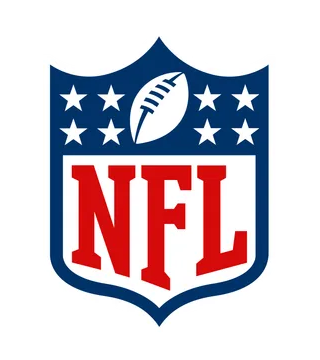

The context that made me consider and ask this is the Seahawks this season seem to have abandoned their old philosophy of establishing the run and even when we’re ahead and the passing game isn’t quite working, we continue to call a dropback on almost every play including 3rd and short.
I am starting to wonder if our OC, Shane Waldron, is too wedded to analytics.

Mike Florio would also like you to get off his lawn.